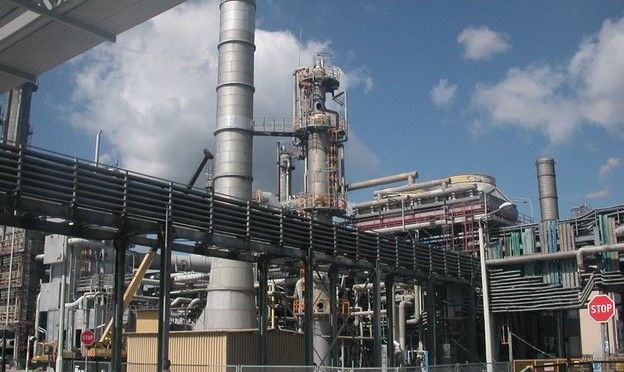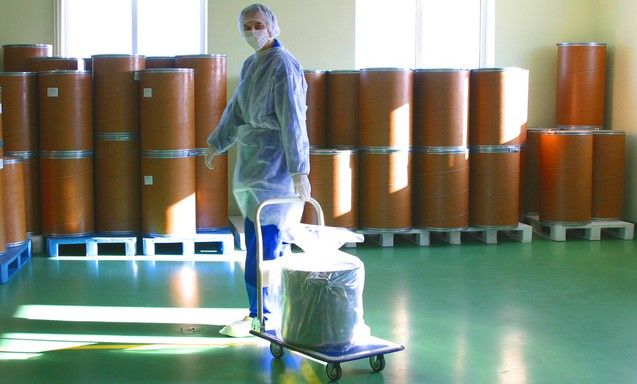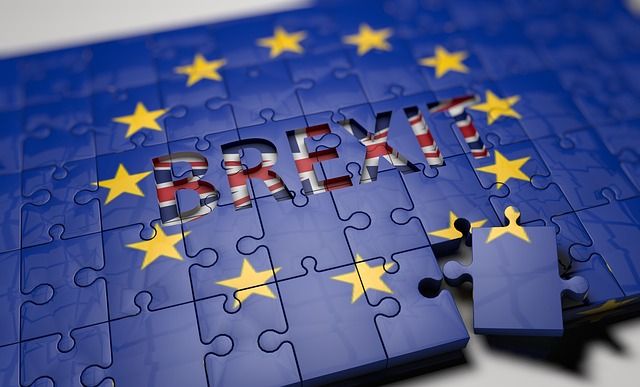Four and a half years since the British public voted to leave, leaders in the EU and UK have finally agreed a deal on their future relationship. With just days to spare, before the chaos and disruption to trade and travel of a ‘No Deal Brexit’, it seems that politicians on both sides of the English Channel have managed to keep the lights on.
But how does the deal look for chemical companies?
The good news is that trade in chemical products will largely continue as before, as the deal avoids import duties or limits on the trade of goods between the EU and the UK.
Brexit Deal Secures Tariff-Free Trade of Chemical Products
It is a deal which UK prime minister Boris Johnson described as, “the first free trade agreement based on zero tariffs and zero quotas that has ever been achieved with the EU.”
This is a major achievement given that Downing Street report the value of trade between the two sides as worth £668 billion in 2019.

“It was worth fighting for this deal because we now have a fair and balanced agreement with the UK, which will protect our European interests, ensure fair competition, and provide much needed predictability for our fishing communities,” said Ursula von der Leyen, the European Commission president.
While the deal does not allow service industries tariff free and unrestricted access – despite this including 80% of the UK economy – the chemical industry, with its long and interconnected trade in products, has breathed a sigh of relief at the agreement.
The UK’s Chemical Industries Association (CIA) stating in the run up to the agreement that, “a deal with the EU is in the best interests of the [chemical] sector, our suppliers, and our customers. Our sector needs tariff-free trade, minimal border delays, regulatory consistency, and continued access to skilled people.”
This sentiment was based on the fact that, “60% of UK chemical exports go to the EU and that the UK sources 75% of its raw materials from the EU”.
It is a flow of chemical product trade worth €44 billion a year, but the import and export of these goods will no longer be entirely seamless.

Brexit Deal Puts UK Chemical Companies Outside of Single Market
The downside of the deal is that while there are no tariffs or quotas, there will be some checks and controls, and these will not be without a cost.
As the chemical industry journal Chem Week explains, “The UK’s exit from the single market and customs union means there will be non-tariff barriers to trade such as increased bureaucracy, including customs declarations and other documents, and higher regulatory-compliance costs to business. Cefic [the European chemical industries association] and the CIA estimate immediate costs from post-Brexit regulation for UK chemical companies totalling about £1 billion.”
The reason for this was made clear by the EU Commission’s statement on the deal. The press release noting that, “The EU and the UK will form two separate markets; two distinct regulatory and legal spaces. This will create barriers to trade in goods and services and to cross-border mobility and exchanges that do not exist today—in both directions.”
It is a point that even the British government, which has always boasted of the advantages of leaving the EU, must also concede; trade between the UK and EU will never be as smooth again. With a UK government spokesperson warning that the first few months of transition have the potential for “bumpy moments”.

Michael Gove, the cabinet office minister and a central voice in the vote for leaving the EU, advised businesses to get ready for the change as it will affect goods, services, and even personal travel.
“The nature of our new relationship with the EU – outside the Single Market and Customs Union – means that there are practical and procedural changes that businesses and citizens need to get ready for,” he said in an interview with the BBC. “We know that there will be some disruption as we adjust to new ways of doing business with the EU, so it is vital that we all take the necessary action now.”
To find out more about what action chemical companies should take, read: How the Brexit Deal Looks for the Chemical Industry – Part 2
You can download the full text of the Brexit deal here (pdf).
Photo credit: Amazonaws, Freestocks-photos from Pixabay, DANIEL DIAZ, 8926, Jason Blackeye on Unsplash, Paweł Jagielski from FreeImages, & Griszka Niewiadomski